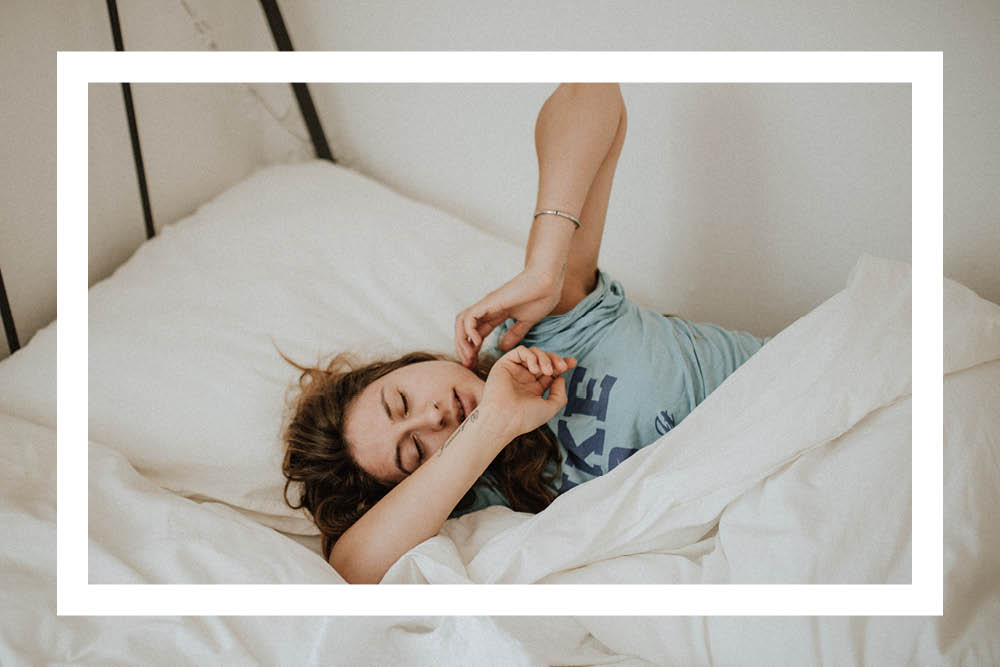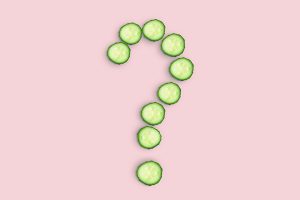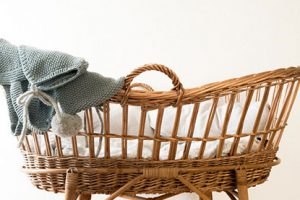Tips you need to know for a good night’s sleep

Nothing feels quite as good as waking up after a good night’s sleep. And there is a good reason for this: sleep plays a vital role in supporting our sense of wellness. Sleep should be a natural process we engage in on a daily basis without having to give it much thought, yet it can quickly become a source of frustration or apprehension. Sometimes we just simply do not adequately prioritise it or develop bad sleep routines which can affect its quality. Whatever the nature of our ‘sleep poverty’, we are often unaware of the meaning of our sleep issues and of their impact both in the short and longer-term.
In acupuncture, understanding a person’s sleep patterns can not only be used for diagnostic purposes, it can enable a powerful tool to support a person’s health and wellbeing, balance, strength and longevity. Before exploring a little deeper what good sleep means and how it can be supported through acupuncture as well as some small lifestyle adjustments, let us explore what happens during our sleep and why sleep really is a truly amazing in-built health weapon we can all learn to use to our advantage.
WHY SLEEP MATTERS
There is broad consensus among health professionals that sleep plays a critical part in supporting good health through its ability to repair, cleanse, regulate and strengthen functions carried out by our body systems. It is now well established in medical research that poor sleep can, among other things, lead to hypertension, increase the risk of cardiovascular diseases, reduce fertility, weaken our memory and power of concentration, as well as lower our mood. Even weight gain and obesity may be associated with lack of sleep, as several studies have shown changes among sleep-deprived individuals in their ghrelin and leptin hormone levels, resulting in increased appetite and fat storage, and lack of satiety.
Importantly too, sleep is key to a healthy immune system that can appropriately detect and fight off infections, thereby reducing our risk of falling ill or of developing auto-immune conditions such as rheumatoid arthritis, celiac, Hashimoto’s disease or type 1 diabetes. However, it is not just about the overall physical and mental resilience we get from sleep that supports a well-functioning immune system, some immune functions are performed better or differently during our sleep. For example, while we sleep there is an increase in the production of certain proteins responsible for recognising and eliminating harmful microorganisms, including bacteria and viruses, as well as abnormal cells.
The vital role of sleep for our health and wellbeing is very much embedded in the system of Oriental Medicine too, as the reserves of energy on which we draw daily for all aspects of our lives are dependent on the contributions made by our sleep, alongside those made by good nutrition and breathing. As such, as part of an acupuncture treatment, whether the patient’s main concern is sleep-related or not, it is always important to establish the nature of a person’s sleeping habits as these can be used alongside other diagnostic techniques to pinpoint the root of any imbalance, and therefore the best approach to treatment.
According to the principles of Oriental Medicine, deficiencies and excesses in our sleep, are first and foremost indicative of imbalances in our Yin and Yang energies, as Yin is associated with a cooler and calmer energy which should dominate at night, whereas the invigorating and active Yang energy peaks during the day. Feeling wide awake at night, is therefore likely a sign of too much Yang and too little Yin.
Our Yin energy is supported among other things by the most Yin of all substances in our bodies, blood, which performs a softening, relaxing and nourishing function, and which significantly too is said to be replenished at night or when we are resting. As such, failing to get enough sleep can be either a sign of or a contributing factor to a condition known in acupuncture as ‘Blood Deficiency’. Using a pulse and tongue diagnosis will help identify the presence of ‘Blood Deficiency’ in a person, but there will also likely be one or more of these typical manifestations of the condition: anxiety, dizziness, dry skin, scalp or hair, blurred vision, menstrual disorders, tight muscles, lack of self-worth, palpitations and poor memory. Alongside such symptoms, the deficiency can lead to further disharmonies, notably in relevant organs and channels, such as the Heart which helps us feel settled and ensures functions are performed at the right time, and the liver which is said to store blood and which, when depleted, can at night result in feeling fearful or having an uneasy feeling of floating when we fall asleep.
KNOWING WHAT IS GOOD SLEEP
There are several questions that are worth asking yourself to establish the quality of your sleep and which a trained acupuncturist will put to you when you come in for a treatment. These include:
- How easily do you fall asleep?
- How often do you wake up in the night and do you fall back asleep easily?
- How deep or light is your sleep?
- Is there a particular time you seem to wake up? In Oriental Medicine, every two hours a different organ is said to be in charge, so waking at a specific time every night is often a clue as to which organs and acupuncture channels are struggling.
- Do you grind your teeth, snore or experience sleep apnoea?
- Do you experience night sweats?
- How rested do you feel after a night’s sleep?
- How many hours of sleep do you feel you need to have enough energy during the day?
Each of these questions has a particular significance in acupuncture with corresponding approaches to treatment that may include boosting blood circulation to support the function of certain organs, removing blocks in the system, or rebalancing Yin (night) and Yang (day) energies.
Asking yourself these questions, could help you work out also whether a health problem you are struggling with may in fact be coming from your sleeping patterns, providing a first step in improving the quality of your sleep for all-round good health and wellbeing.
TOP TIPS FOR A GOOD NIGHT’S SLEEP
I often hear from my patients, whether this is after their first acupuncture session ever, or when they can come in for a top-up session, that they always sleep extremely well after a treatment. The reason for this is that acupuncture helps the body and mind work at their best, harmonising all functions and allowing us to go into a deep state of relaxation. So, if you are looking to improve your sleep, then acupuncture is certainly a great thing to have in your wellness toolbox. There are also some small changes you can make in your daily life to improve the quality of your sleep:
- Clear that busy head before going to bed. Calm your mind with five minutes of deep abdominal breathing before switching off the lights or listen to a sleep meditation. This will help quieten what is known in acupuncture as the ‘Shen’, the Heart-Mind. You may also want to offload the stress of the day by writing down what’s on your mind, or a to-do list for the next day or week. This will pacify your decision-making and planning functions, so they don’t disrupt your sleep.
- Avoid late evening screen time, especially if the content will engage your thoughts or create any anxiety. In Oriental Medicine, the liver is said to open into the eyes, and excessive screen time may overstimulate it, making it difficult for you to get into deep sleep.
- Stick to a routine and tune into the natural cycles of day and night. Your sleep schedule may naturally vary across the seasons as the earlier sunrise in summer, and darker evenings affect your desire to sleep. As a guide it is good to get up around the same time every day, preferably no later than 7am, and to go to bed so that you are asleep by 11pm, as this will help balance your Yin and Yang energies.
- Avoid a heavy meal late and too much alcohol. Our internal body clock means that we are less receptive to digesting and processing food at this time and overloading your system with rich foods and excessive alcohol will also disrupt the gallbladder and liver’s night-time work which peaks during 11pm and 3am.
- Keep cool. Night-time is associated with the cooler and calmer Yin energy, so your body temperature needs to drop to allow you to sleep better. This means holding off from invigorating exercise in the evening, which will overstimulate your Yang energy. To help switch off faster from a Yang state, you can trick your body into cooling itself down by having a hot shower or bath one hour before going to bed, as this will trigger a body temperature fall that will help you doze off.
One final word …
In Eastern Medicine and philosophy, an imbalance in our health and wellbeing is seen as an opportunity for us to change and trying to work out the meaning or reason for problems with our sleep can help us in the longer run. Of course, it can be that, from time to time, we are simply in need of less sleep, and as such is no cause for concern. Whatever you do, however, don’t let your sleeplessness tense you up, as there is likely a good explanation for it that will guide you in a healthier direction.












